China’s domestic automakers have gone from also-rans to major players, especially in the battery-electric market. And Wang Chuanfu, the head of BYD, says the reason is simple: his company’s EVs are three to five years ahead of the competition. More from Headlight.News.
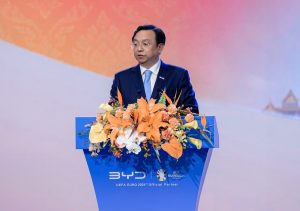
BYD CEO Wang Chuanfu recently revealed he believes the company’s EVs are 3 to 5 years ahead of its competition.
The Chinese auto industry sold a record 31.4 million vehicles last year, while exports also hit all-time highs. Significantly, domestic brands now dominate the market, leaving foreign automakers struggling — General Motors this week announcing plans to close one of its plants there.
There’s a simple reason why this is happening, according to BYD CEO Wang Chuanfu. Its products are three to five years ahead of the competition, he said in an interview with China’s state broadcast network CCTV, following a meeting with the country’s President Xi Jinping.
If anything, that has helped China become one of the world’s largest automotive exporters, though the meeting reportedly explored the challenges the country’s carmakers face as Europe and the U.S. erect new trade barriers.
From zero to hero
Until a few years ago, Chinese domestic brands were also-rans in their home market, sales dominated by GM, Volkswagen and other foreign-owned manufacturers. But BYD, Geely, Great Wall and others have rapidly gained momentum — in part by focusing on the all-electric and plug-in hybrid models mandated under China’s New Energy Vehicle, or NEV, program. Those vehicles gained 40% more volume in 2024 and now match the share of gas models.
They’ve also become the centerpiece of China’s automotive exports which reached 5 million last year, a five-fold increase from the beginning of the decade.
Cost has played a major factor, the Chinese able to deliver vehicles at a far lower price point than foreign competitors. In some markets, they start well under $20,000, a key reason the Chinese are gaining ground in places like Mexico, Southeast Asia, as well as Europe.
BYD takes the lead
A number of Chinese brands have benefited from the surge. But BYD has taken the lead, displacing Tesla as the world’s largest EV manufacturer late in 2023.
Credit the automaker’s features and technology, said Asian auto analyst Michael Dunne, who told Headlight.News in a text he agrees that “BYD is 3-5 years ahead of everyone else not named Tesla.”
“BYD makes high-quality, good-looking vehicles — both EVs and PHEVs,” added Dunne, the CEO of Dunne Insights LLC. But the big advantage is “They make their own world-class batteries and manufacture at 25% lower total cost.”
More Chinese Auto News
- Would You Buy a Chinese Vehicle? The Younger You Are, the More Likely You Would
- GM Closing China Plant as it Loses Ground to Domestic Competition
- Ford CEO Farley Sees Chinese Automakers as a Serious Threat
Fear and loathing in the auto industry
When former President Joe Biden quadrupled U.S. tariffs on Chinese-made EVs last year, American automakers sighed in relief. Months earlier, the trade group, the Alliance for American Manufacturing had warned that allowing Chinese automobiles free access to the U.S. market “could end up being an extinction-level event for the U.S. auto sector.”
BYD, in particular, is a brand that the industry is watching closely. “We were shocked at how fast BYD has caught up,” Paul Gong, auto research executive director at UBS, said during a 2024 Fortune conference.
For his part, noted Dunne, “Anytime I say the name ‘BYD’ to auto executives in Europe, America and Japan, they look really stressed.”
A two-way street
The Chinese have their own reasons to be stressed. As a result of the expanded U.S. tariffs — and the threat of more from President Donald Trump — there are only a handful of Chinese-made products from Buick, Volvo and Lincoln on sale in the States.
The European Union, also enacted new duties of its own as domestic automakers like VW, Renault and BMW lose ground to the new competition. It justified the move, claiming in a statement that Chinese automakers “kept (prices) artificially low by huge state subsidies.”
During his interview on CCTV, BYD CEO Wang dismissed protectionism, calling it bad for consumers, though he also said it can’t necessarily block out good products. BYD, he said, is working to “overcome various difficulties.”
While there is no question subsidies helped them get started, Chinese industry officials, like Wang, note the support has been pared back, and they claim they have simply become more efficient than foreign competitors.
They’re taking other steps to continue their momentum, offering better range, improved performance and new features on their EVs and PHEVs. BYD, for one, recently announced it will make its semi-autonomous ”God’s Eye” technology standard across its range, even on the little Seagull model starting out at less than $10,000 in the Chinese market.

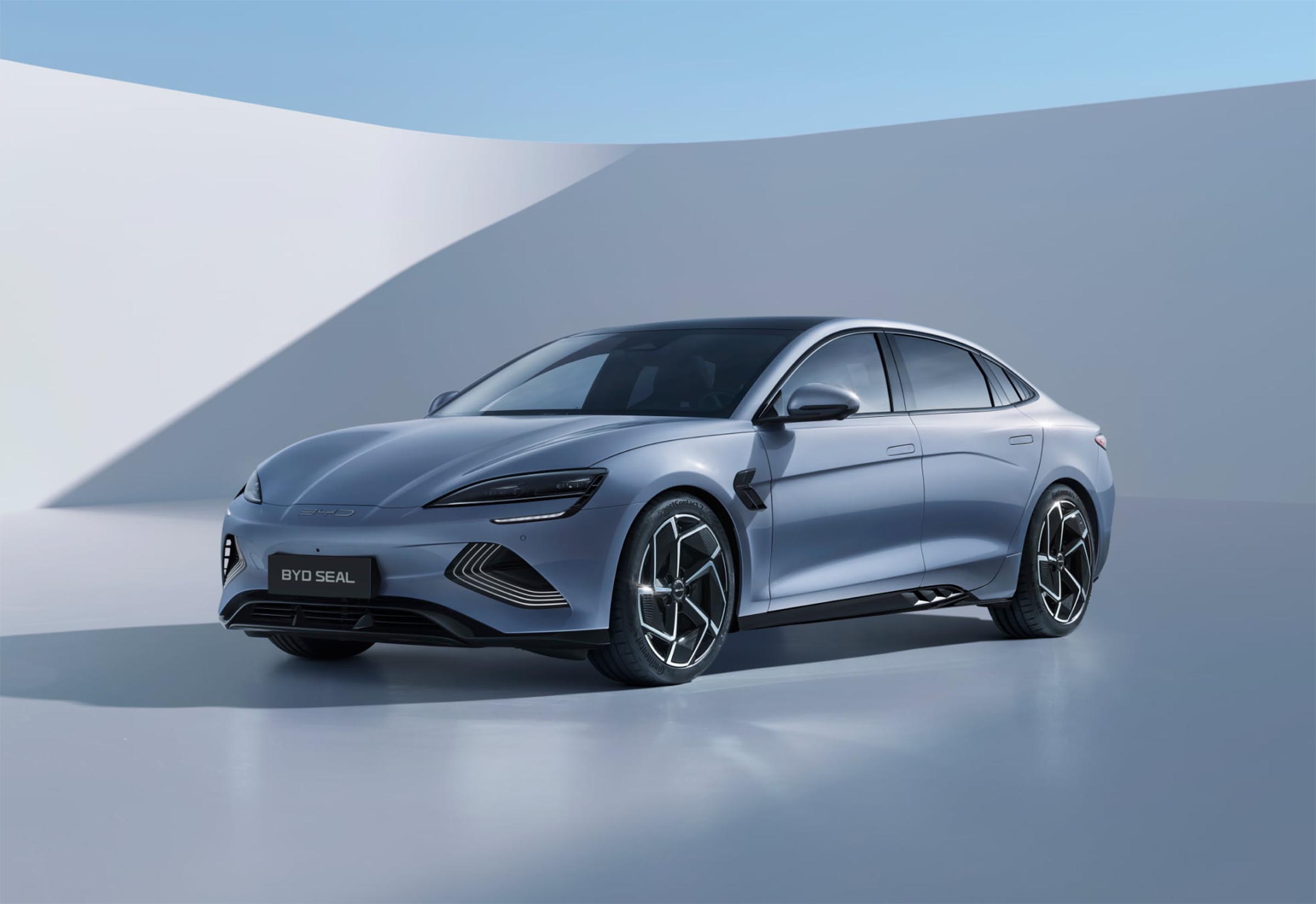
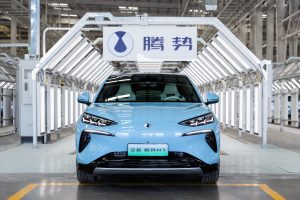
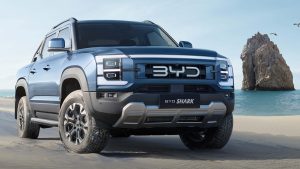
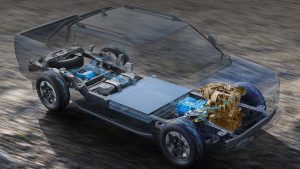

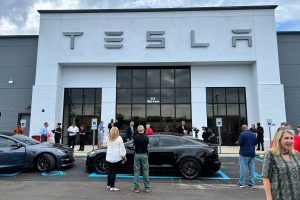
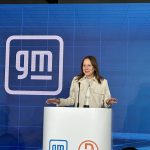
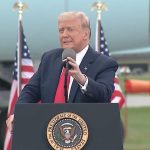
In their dreams.
Jim, you’re drinking too much of the Kool-Aid again.